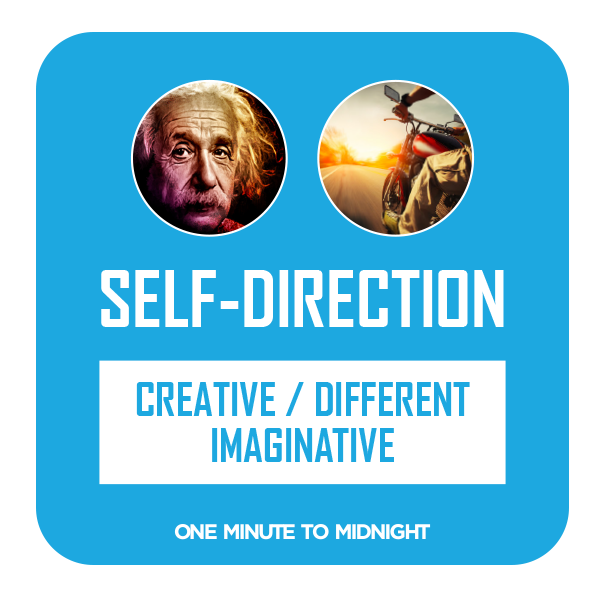More than makeup; the real human meaning of ModiFace
- Clara Han
- Apr 5, 2022
- 3 min read

L'Oréal is the largest cosmetics company in the world, but rather than just focusing on creating better, trendier makeup and face products, they are beginning to experiment with digitizing their products in a unique online shopping experience. While online shopping increased during the pandemic, brick and mortar still has its draw. A recent survey found nearly half of Gen Z say they prefer to shop in store. So how are digital brands adjusting for these needs? One way they're doing this is by combining the values that reflect why people love in-store shopping with a new, digital, omnichannel experience.
L'Oréal has acquired Toronto-based ModiFace, a company specializing in artificial intelligence and augmented reality that brings the makeup experience to users’ homes, offering creative Self-direction and a new sense of Security to customers.
ModiFace started out by allowing people to upload pictures and videos to their platform so users could try various products in a wide range of imaginative colors. Instead of airbrushing photos to maximum effect, they focus on simulating a real product look. Whether it's foundation, lipstick, or hair color, they want customers to use their creativity to match this precise change and effect. Integrating this type of virtual try-on technology for brands and consumers is helping the entire omnichannel experience become 360 degrees. People can explore products, try them on, feel like they've had a personalized experience, be happy with the results, and then buy the product all in the same place and without moving from their couch. L'Oréal is seeing the fruits of augmented reality already. Trying on makeup so easily is fun and engaging, like swiping through TikTok filters. This demonstrates the values of creativity and imagination. As technology advances, it's clear that this approach is having an impact on conversion as L’Oréal sales have tripled.

ModiFace technology is already used with brands like Macy’s, tech companies like WeChat, Facebook and Amazon. The integration with these platforms reveals an increased desire for stimulation as diverse services become integrated with one another. On Amazon, for example, people can take control of the try-on process in the same place where you would select a product’s color and size. On WeChat, which is a primary way people in China text, play interactive mini games, and shop small products, ModiFace has partnered to offer their capabilities directly to customers of L’Oréal. People can try different products through the app and easily receive feedback from family and friends, creating an engaging interactivity that combines shopping and social media. ModiFace’s partnership with retail and social media has brought creativity and imagination to people’s daily activities.

ModiFace isn’t the only company to disrupt the beauty industry with digital interaction. The pandemic has pushed many brands to alter their approach and incorporate digital interaction to keep customers safe. Beautycounter, an American direct-to-consumer company that sells skincare and cosmetics, opened a brand-new store in Los Angeles during the pandemic. Their products emphasize natural ingredients and a health focus, and they utilize the store to livestream makeup tutorials and behind the scenes so they can interact directly with customers around the world. Since Covid, many customers feel unsafe trying on makeup in stores. With this digital interaction, customers will be able to enjoy a pleasant shopping experience from the safety of their homes.
Outside of augmented reality and facial effects is the emerging space of ‘voice’ and ‘security’, which are slowly starting to penetrate the beauty industry. With L'Oréal and ModiFace technology, users can have a conversation with beauty advisors, and ask questions quickly while in the virtual try-on app.
This provides a sense of privacy where people can try on products they don't normally feel comfortable trying on in stores, without fear of being judged or overwhelmed by the plethora of available products. In a hyper connected world, augmented reality apps are not only the future of retail, but also the future of e-commerce, where people can receive an interactive shopping experience from their own home. As we’ve realized since COVID, people still enjoy the personal experience of shopping in person, so providing a brand connection with digital interaction is a means of creating intimacy, personalization, connection, and security.
Until next time,
Clara (Intern, OMTM)




It's fascinating to see how L'Oréal is bridging the gap between online and in-store experiences with technology like Modiface. For brands offering private label skincare and white label skincare, exploring digital tools to enhance the customer journey is becoming increasingly important.